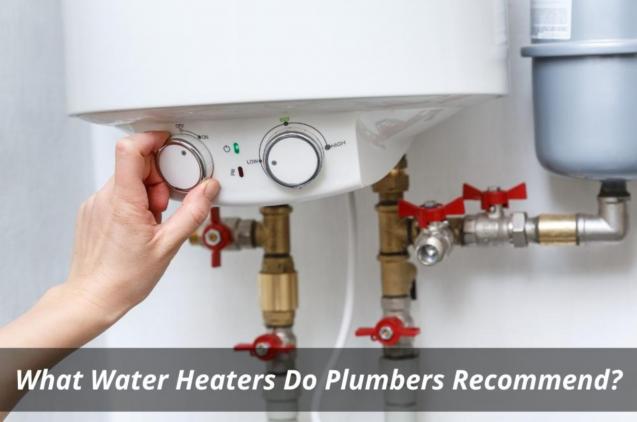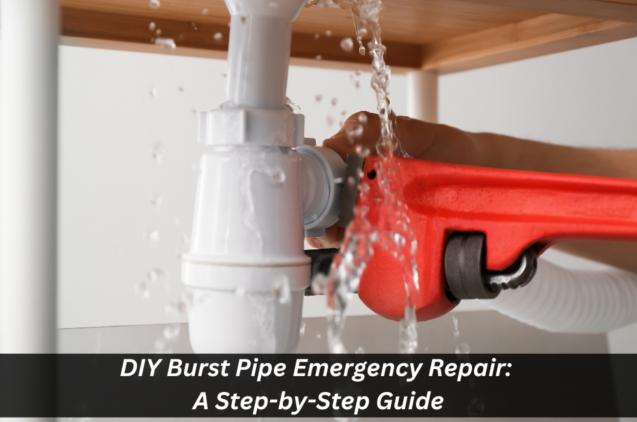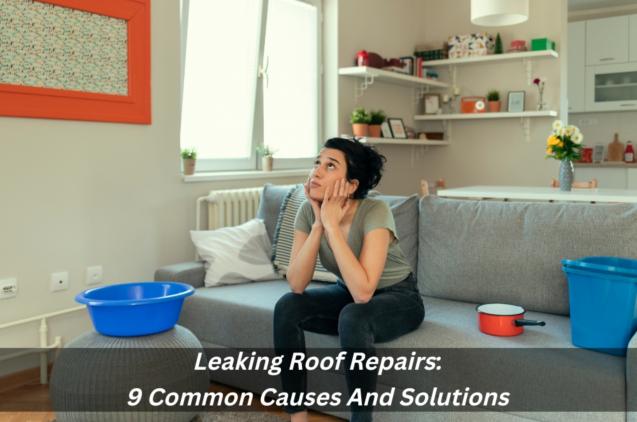
5 Steps To Tackle Major Plumbing Emergencies
From high water bills, burst pipes, sewage backups, gas leaks, blocked drains and frozen water heaters or hot water system issues to clogged toilets and sink drains, plumbing issues come in all shapes and sizes. In addition to being inconvenient and potentially destructive, they can also be expensive if it requires a professional.
There are ways you can take action quickly and safely to minimize damage and repair any of it as soon as possible. Plumbing maintenance is also important. If you're dealing with a plumbing emergency or have the foresight to plan ahead for one, this article will provide tips on how you can tackle them efficiently by yourself.
Whether it’s just a minor pipe leak or a major plumbing problem such as a water heater breakdown, these instructions will help you understand what steps need to be taken in case of any kind of emergency involving the plumbing system of your home. Here are some tips on how to tackle major plumbing emergencies.
1. Turn off the water supply
The first step in any emergency plumbing situation is to turn off the main water supply immediately—even before calling a professional or taking other action. The main shut-off valve should be located near the meter box outside your house; in a basement; or in a crawl space, depending on where it was installed by your plumbing contractor.
2. Call an emergency plumber
Once you’ve turned off the water supply, call a licensed local plumber to assess the damage quickly and help you repair it as soon as possible. Calling for backup can also reduce stress levels during a difficult time like this—allowing you to focus on other important tasks like minimizing property damage and securing safety for yourself and others around you.
3. Prepare yourself for repairs
If you believe there may be mineral buildup in your pipes or if more extensive repairs than expected need to be made, preparation can help ensure faster repairs with minimal disruption of daily life activities while they’re being completed. This could include gathering supplies such as rubber gloves, buckets or mops for cleaning up any spills or floods caused by the emergency situation; safety glasses and ear protection if major drilling needs to occur; etc.
4. Safety considerations
It’s always important to remember that an emergency plumbing situation often involves working with dangerous substances such as natural gas or exposed electricity sources—so safety should always take precedence over convenience when dealing with plumbing emergencies at home or elsewhere. Calling a plumber or gas professional before proceeding with repairs if necessary for additional safety precautions when handling these kinds of materials during the repair process.
5. Follow the directive from your plumber
To ensure that all repairs go smoothly and according to plan, remember it's important not to attempt DIY work beyond what has been instructed by your plumber - Instead, follow their instructions exactly as given so that all potential problems can be addressed properly in order for full protection of all involved parties during this difficult time.
Plumbing emergencies are unpleasant surprises that nobody wants to face, but when you do, it’s important to know what the right steps are. It can be stressful and overwhelming, but by following these tips you can tackle them efficiently and safely. There are many plumbing services offering 24-hour service so rest assured that you can find one as you needed.
Remember to always turn off the water supply immediately, call a professional plumber for assistance, prepare yourself for repairs, take safety precautions when handling dangerous materials, and follow the directive from your plumber. By doing so you can minimize damage and repair any damages as soon as possible.



